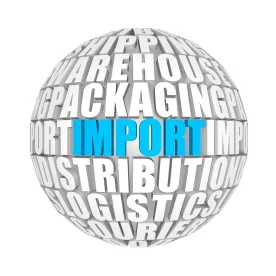Have you tried to buy a bicycle in the last 12 months? How did that go? What sort of selection or choice did you have? Or how about needing just a replacement part, could you find one? Odds are that you could not find a new bike or the mechanical components you want. My local shop has 2,500 bikes on back order and is getting in about five new orders a week. Absent improvements, that means 10 years to fulfill those orders. I was lucky when I went in: my bent derailer could be fixed. What if I needed a replacement derailer, when would it be available? The best estimate the shop could give was “we have no idea.” This is not new: Wired had ideas on “A Plan to Fix the US Bike Shortage” seven months ago. And yet, just last month, Quartz is writing about “Why it’s so hard to to get a new bike right now.”
We will not reiterate the known problems with microchips in the auto industry because if you read this blog, you surely are aware of them. But there are shortages in other components as well. The basics are hard to find. For example, steel shortages impact not just auto, but many other industries. The same is true with plastics, which are in short supply for autos and other companies. While not auto, even lumber prices are rising due to a lack of supply. The list could go on and on.
Will anything change? Maybe. Some of this is due to the focus on reducing cost through reducing inventory of parts to as close to zero as possible. Some of this is due to the same focus that results in sole-sourced, just-in-time supply chain management. It is possible that these shocks to the supply chain will cause companies and supply chain managers to want to pull their supply closer to their manufacturing facilities and to use more than one supplier, with some inventory in reserve as a protection against disruption.
But the current shocks are so deep, so wide, and so persistent that this is just as likely to be seen as a one-time event. A perfect storm from which there is little or no escape. When an auto company is unable to get steel, plastics, microchips and other key components all at the same time, the fact is that production is going to slow industry wide.
As lawyers, we routinely assist companies with one-off shocks to their supply chain through preparation, negotiation and as a last resort, litigation. But those tend to be between one buyer and one supplier over one discrete issue. Those disputes offer lessons in contracting, inventory, diversification and supply chain management. Once in a lifetime pandemics along with hundred year storms and the various shocks to the economic and supply chain system that have been well documented since March 2020 offer less opportunity to identify discrete, or even systemic, issues for a company to address and change.




 />i
/>i
